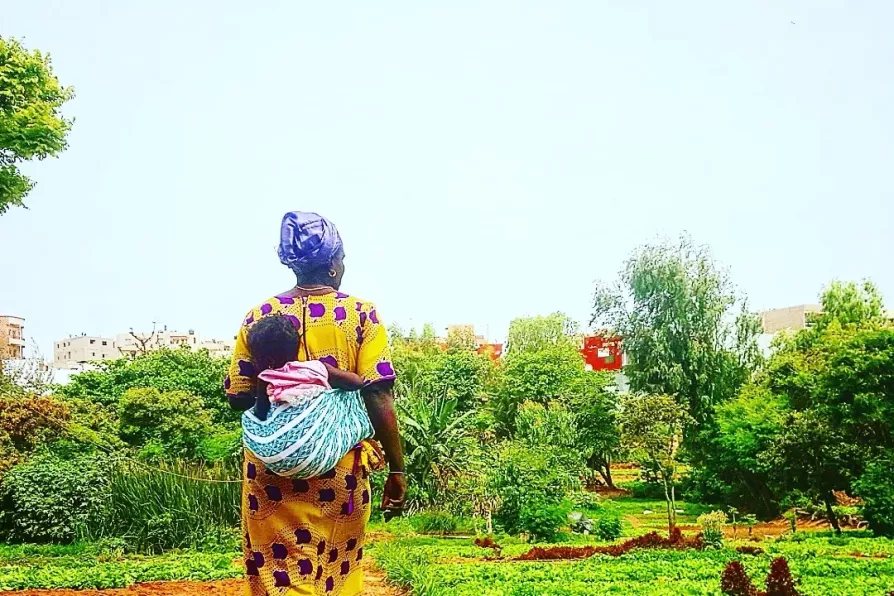Data on regional deprivation in England shows us an unequal society, but what to do about it remains unanswered argue ROX MIDDLETON, LIAM SHAW and MIRIAM GAUNTLETT

 [Diopson / Creative Commons]
[Diopson / Creative Commons]
BY NOW we ought to have elected our new president — but this has not happened. President Macky Sall has delayed the elections which had been due to take place in February, sparking outcry. During this crisis, we have seen shameful images of uniformed members of our defence and security forces attacking women.
Absa Hane, a journalist, was arrested while working; her male colleagues untroubled. Another woman, supposedly a protester, was manhandled into the back of a black pick-up truck, filmed by mobile phones. In these uncertain times more than ever, the condition of women is a feminist concern.
Nothing can ever be taken for granted, not democracy… certainly not women’s rights. It only takes political crises for rights to be undermined, trampled on or withdrawn.














